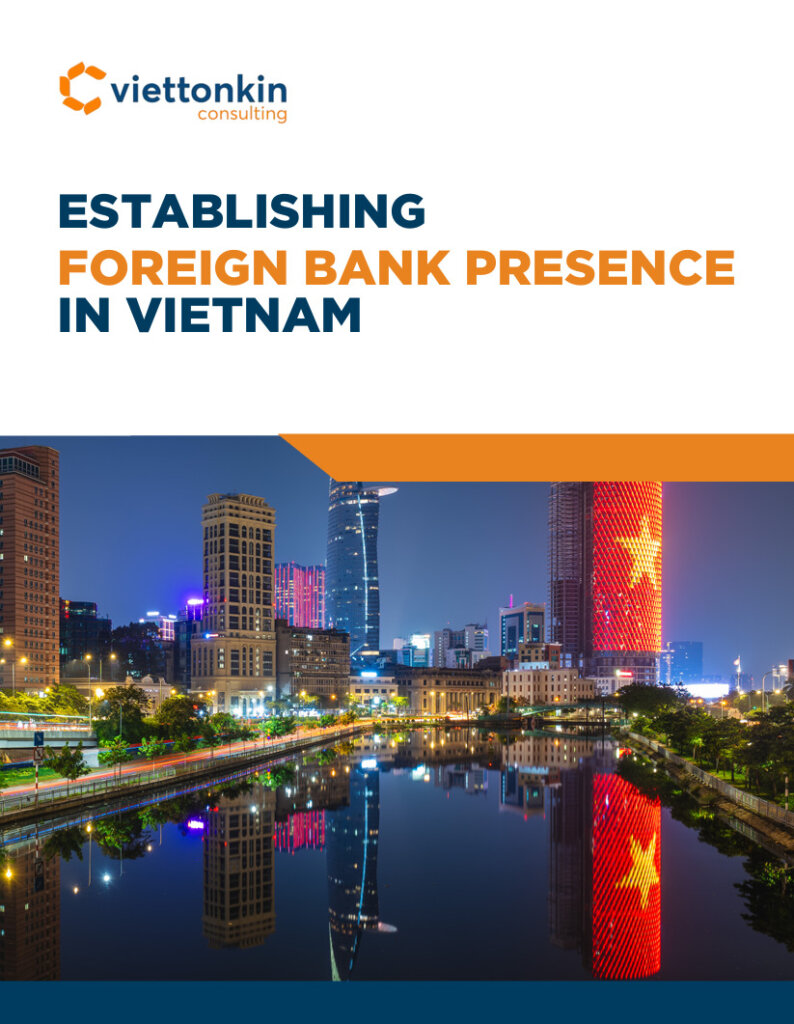Vietnam’s pharmaceutical industry is entering a decisive turning point. Stricter quality standards, shorter recall deadlines, and tighter compliance requirements are no longer abstract ideas. They are becoming legal reality with Circular 30/2025/TT-BYT. For foreign investors and international pharmaceutical companies, this shift represents both a challenge and an opportunity: the challenge of higher compliance costs, and […]
Many foreign entrepreneurs are attracted to have businesses in Singapore. It is known as one of the world’s most politically stable countries. According to Global Economy’s Political Stability Index 2018, Singapore is the third spot out of 195 countries. With such a fact, investors should have no worry when it comes to incorporating a company there. Before getting into deep details on how to incorporate a firm in Singapore, you may need to know the reasons why Singapore is the best choice for a business!
Reasons To Choose Singapore For Business
This year, Singapore also improved on the “dealing with construction permits” criterion. It makes dealing with construction permits easier by enhancing its risk-based approach to inspections, improving public access to soil information, and adjusting the process to obtain a construction permit.
In the World Economic Forum’s Global Competitiveness Report 2019, Singapore ranked 1st of 141 countries in infrastructure, health, labour market functioning and financial system. The country has improved from an already high base on 10 out of the 12 pillars, and its score on every pillar was between 4 and 19 points higher than the Organisation for Economic Cooperation (OECD) average.
The World Economic Forum (WEF) assessed that in finding skilled labour for the current workforce and the future workforce, Singapore has the quality of vocational and staff training, and skillsets of the workforce, such as critical thinking and digital skills.
According to KPMG’s latest survey, Singapore has ranked 1st as the leading technology innovation hub outside of Silicon Valley (San Francisco) over the next four years. The modern infrastructure in the country was considered as the most important factor in enabling a city to become a technology center. Singapore was noted too for its advance in IT infrastructure, as they have strong government support and intellectual property laws, and all are for their deep talent pool.
Not only that, Singapore has well-established public infrastructures, including an efficient public transport system and advanced ICT infrastructure. It made the country the 1st rank in the world for transport infrastructure.
Singapore also has a world-renowned aviation hub, and busy global port hub in which connected to more than 600 ports globally, with 200 shipping lines passing through. Annually, there are more than 130.000 ships at Singapore’s port.
In terms of digital infrastructure and technological readiness, the country gets the 1st rank in Asia. It has the fastest broadband speeds in the world, and more than 50% of Southeast Asia’s data centre capacity is hosted there.
Meanwhile, in terms of regulatory efficiency, Singapore is consistently ranked as one of the world’s most business-friendly countries. The foreign and domestic businesses are treated equally under the law, and nearly all sectors of the economy are open to 100% foreign ownership.
It is no wonder why Singapore became one of the world’s prosperous nations, with a business-friendly regulatory environment. Many foreign entrepreneurs are definitely interested in having a business and incorporate their company in Singapore.
How To Incorporate a Firm in Singapore
Set up a business in Singapore must be registered with the Accounting & Corporate Regulatory Authority (ACRA) through Bizfile. It is an online registration and information portal, including any individual, firm or corporation that carries out business for a foreign company.
The applications are processed immediately after the application fee is paid, but it will take between 14 days to 2 months, if the application is referred to another agency for approval or review.
ACRA provides a single window for business registration. However, additional approvals such as licensing or visa requirements, are obtained through individual applications to the respective Ministries or Statutory Boards.
Let’s see the details about the general requirements and the registration process for the firms in Singapore!
Requirements For Singapore Company Registration
1. Shareholding
A company must have a minimum of 1 and a maximum of 50 shareholders who can be local or foreign persons. Shareholders also can be natural persons or corporate entities.
2. Share Capital
The minimum paid-up capital to set up a company is S$1. A company can increase its share capital at any time by injecting additional capital.
3. Directors
Both Singapore-resident and foreign-resident can be directors of a Singapore company. Corporate directors are not permitted, and a company must have at least one Singapore-resident director.
4. Company Secretary
A company must appoint a qualified company secretary within 6 months of incorporation. The company secretary must also be a natural person and a resident of Singapore.
5. Registered Address
Each company is required to have a local registered address in Singapore, where the company will keep all of its statutory documents. The address cannot be a PO box.
6. Company Name
The name of the company must be approved before proceeding with the registration of the company.
The Registration Process Has 3 Steps:

Step 1: Get The Company Name Approved
Before registering, all Singapore companies must first have their name approved by ACRA. The approval name is a simple online procedure, and the company name must be followed by the guidelines:
- The name cannot be identical to an existing business in Singapore
- The name must not infringe on any trademarks.
- The name cannot be obscene or vulgar.
- The name must not have been reserved by another company.
If the company name follows ACRA’s rules, it normally will be approved in less than an hour. However, a name may be referred to another government authority for further approval, if it contains certain regulated business words, such as “finance”, “legal”, “law”, “broker” or “school”. It can delay the same approval process a few weeks.
Once the process is approved, a company can reserve the name for up to 120 days. If it doesn’t incorporate the name within the period, the name is released and can be reserved by another company.
Step 2: Prepare The Company Registration Documents
The next step is a company must get the following documents ready before applying for the registration.
Documents required by ACRA:
- Company Constitution, previously known as Articles of Association.
- Signed Consent to Act as a Director for each director.
- Signed Consent to Act as Company Secretary by the company secretary.
- Identification and residential address details for each shareholder and officer of the company.
In compliance with the international AML regulations, your Corporate Service Provider (CSP) is required by ACRA to conduct a Know Your Customer (KYC) due-diligence and will typically require at least the following supporting information:
- Verification of identification and address proof documents.
- The professional background of stakeholders and officers of the proposed company.
Keep it in mind that all documents must be in English or officially translated into English.
Step 3: Register with Singapore Company Registrar, ACRA
Once the incorporation documents have been prepared, a company can be officially registered with ACRA. The registration process is conducted online and takes less than an hour. But, if the company registration has to be referred to another government agency for further review, the process can take a few weeks.
As we already gave you reasons why you should think of Singapore if it comes to setting up a business. Also, you have already known the details to incorporate a firm there, now you really should consider having a business in the country. If need any help to incorporate your company in Singapore, you can always contact us below. Viettonkin will be ready to assist you anytime!










